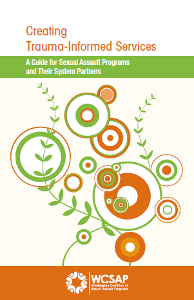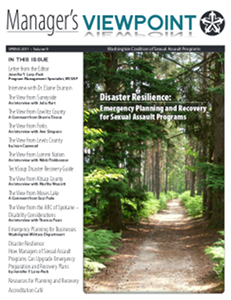As we continue working during this global pandemic, employees and supervisors are adjusting to working from home — some of us for the first time in our careers. We’re accustomed to walking down the hall to speak with our co-workers, but now we must rely on Zoom, Slack, Google Drive, and a host of other virtual tools and resources that help us stay connected but force us to learn new ways to do our jobs.
Despite all of these challenges, our critical services and the relationships we’…

